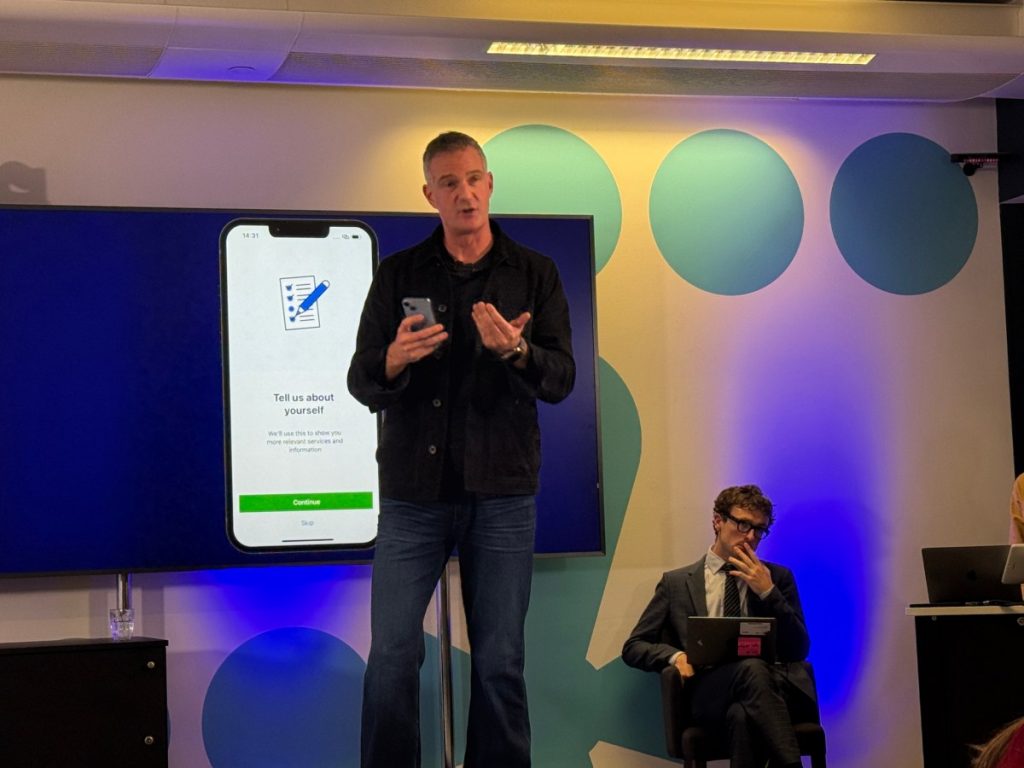Alongside the big public push for investment in AI, the UK government is also playing a virtual card to catapult itself into the 21st century. Today it announced plans to launch a secure digital wallet to manage government-issued credentials, along with a chatbot – built in collaboration with OpenAI – to interact with the main GOV.UK portal. Today, it called the chatbot ‘chat-uk’ and said it will be part of a wider portal and app.
The first two cards it plans to add to its portfolio will be a virtual driver’s license and a virtual veteran’s card for people who have served in the military. It plans to launch the service later this year, it said at a press conference today. The GOV.UK portal will be online in 2025, but has already started testing the chat service, and is also already open to ordinary users to test it, said Peter Kyle, UK Secretary of State for Technology – even if some of the answers are a little strange.
“It’s really important that the public starts to understand that increasingly, in an online world, and government is moving to an online world, that we’re going to be interacting at an earlier stage so that we can use the power, the knowledge and the volume of interactions that the public can provide in the test,” Kyle said at a press conference today in London. “So yes, the chat system started speaking French in the middle of a test run, but it was a mistake by which we learned.”
The developments come at a crossroads for AI advances.
On the one hand, the Labor government has doubled down on the idea of building an AI economy in the country. Partnerships with private AI companies to invest more in their operations here, more infrastructure like data centers and a supercomputer to support AI services, and a big commitment from the government to invest in AI services themselves . First, today it unveiled a number of new AI tools, all still in development: a multi-functional AI assistant for government workers called “Humphrey”; a push to build more consumer-facing AI tools; and more data sharing between government departments to help them build and run AI services.
On the other hand, many questions remain about how AI services will perform in the coming years. Just a year ago, the UK took a leading role in a wider global conversation about AI security: how the new wave of services being built by companies such as OpenAI, Anthropic, Mistral and many other will affect the work, user. privacy and data protection, copyright and how AI can be misused for nefarious purposes such as creating disinformation, aiding malicious hacking and more.
Today, Kyle claimed that in his testing of his new chatbot, “there hasn’t been a single instance” of the chatbot being “jailbroken” or returning false information in his “extensive” testing until now.
A push for more digital services in the UK comes at the same time as the US is also doubling down on the role technology will play there. Yesterday, President Trump, on his first day in office, formalized his new government “efficiency” effort, called DOGE and led by tech entrepreneur Elon Musk. Trump also rescinded an executive order from his predecessor Joe Biden that sought to reduce AI risks to government, consumers and businesses. This means that setting up and running security tests around AI systems is no longer required.
The government said its new GOV.UK Wallet allows users to securely store government-issued documents on their phone and access them easily when needed, it said. This might be more convenient when, say, you’re on the go and want to have just one phone and no physical wallet.
The digital driving licence, Kyle said today, will also be used to improve safety online and offline. In one example, he described how digital IDs could be used to provide age verification for some online services, which has been problematic to ensure until now. Notably, the UK isn’t exactly ahead of the game here. France has offered a digital identity application since 2022.
“The technology will use the security features that are built into modern smartphones, including facial recognition checks similar to those used when people pay using a digital bank card,” he said. “This means digital documents will be more secure, even if a device is lost.”
There are no plans to make its digital wallet or other digital services mandatory, Kyle added, but he said they are working on the “compelling” and “desirable” nature of the services to get people to use them. those.
“Why can’t we aspire to have a satisfying experience where people engage in the moment,” he said.


